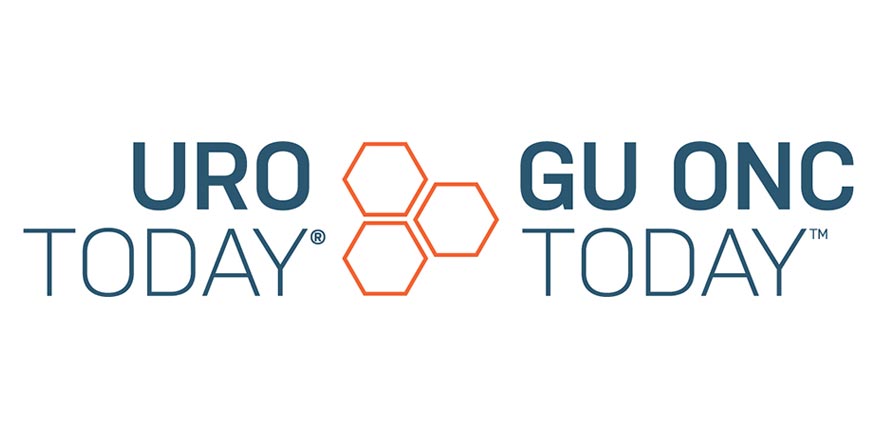Prostate Cancer Treatment: AI & Genomics Predict Treatment Success

Advances in genomic classifiers and artificial intelligence (AI) are revolutionising the prediction of treatment benefits for prostate cancer patients, offering a more personalised approach to care. A recent presentation by Dr Daniel Spratt highlighted the limitations of traditional risk stratification methods and the potential of these novel technologies to optimise treatment decisions.
For decades, the Gleason score has been a cornerstone of prostate cancer risk assessment. However, Dr Spratt emphasised its limitations, citing a discriminatory value barely exceeding chance in contemporary trials. He presented data from MARCAP, the largest independent dataset of randomised trials, illustrating the improved metastasis-free survival (MFS) and overall survival (OS) associated with hormone therapy (ADT), both short-term and long-term, across intermediate and high-risk groups. The addition of Abiraterone, based on STAMPEDE data, further enhanced these outcomes, particularly in M0 (no distant metastases) patients. However, a comparison with the POP-RT trial revealed significant differences in patient populations and outcomes, highlighting the need for more precise risk stratification.
Dr Spratt then discussed the role of genomic classifiers, specifically the Decipher 22-gene assay, in personalising treatment. This assay, backed by Level 1 evidence from multiple Phase 3 trials, demonstrably improves risk prediction compared to the Gleason score. Data from a Princess Margaret Hospital registry and a randomised Phase 3 trial showed a stark contrast in distant metastasis rates between patients with low and high Decipher scores, even within the intermediate-risk group. This highlights the potential to avoid unnecessary ADT in low-risk patients.
Moving beyond genomic classifiers, Dr Spratt introduced a multimodal artificial intelligence (MMAI) approach using digital pathology features. This AI-driven tool, recently validated in the RTOG 9408 trial, achieved Level 1B evidence for both prognostic and predictive value. Notably, it's the first predictive test in non-metastatic castration-resistant prostate cancer (nmCRPC) guidelines, demonstrating a biomarker-treatment interaction and a significant benefit of ADT in biomarker-positive patients.
The application of these tools extends to personalising the duration of ADT. Data from the NRG group, utilising the Decipher 22-gene assay in high-risk trials, indicated that in Decipher high-risk patients, the number needed to treat to prevent a distant metastasis with long-term ADT is significantly lower than in Decipher low-risk patients. This underscores the potential for tailoring ADT duration based on individual patient risk profiles and preferences.
Further research, including a novel biomarker validated in RTOG 9202, reinforces this trend. This biomarker identifies a subset of high-risk men who derive no benefit from prolonged ADT, allowing for de-intensification strategies. Pre-print data from the STAMPEDE trial also indicated that in the metastatic setting, using the 22-gene classifier, a substantial proportion of patients showed no benefit from Abiraterone, further emphasising the importance of personalised treatment.
Several ongoing biomarker-driven trials are focused on de-intensification or intensification strategies. However, Dr Spratt highlighted the potential adverse effects of prolonged ADT, including increased cardiovascular morbidity and mortality. He cautioned against routine Abiraterone use in the M0 setting, pending further data from ongoing trials.
In conclusion, Dr Spratt's presentation showcased the growing potential of genomic classifiers and AI in improving prostate cancer treatment. By moving beyond traditional risk stratification, these tools offer the possibility of more precise, personalised care, optimising treatment benefits while minimising unnecessary toxicity and improving overall patient outcomes. The future of prostate cancer treatment appears increasingly reliant on these sophisticated predictive tools.





